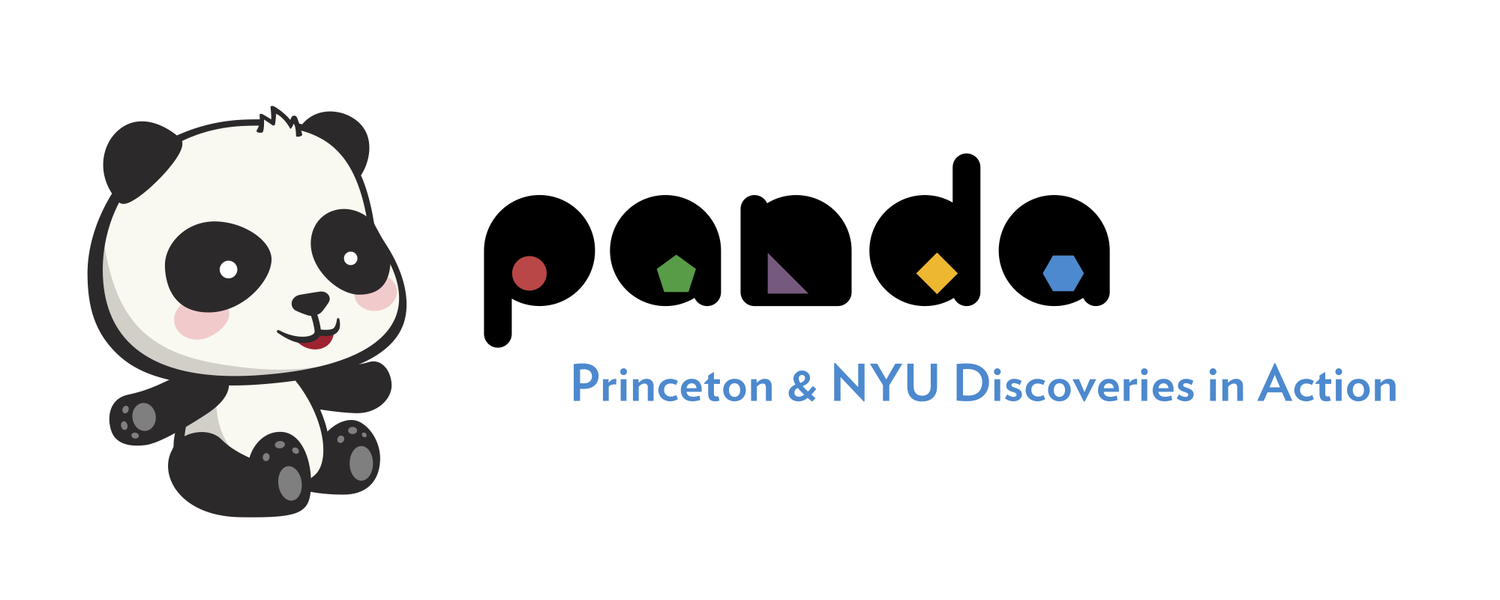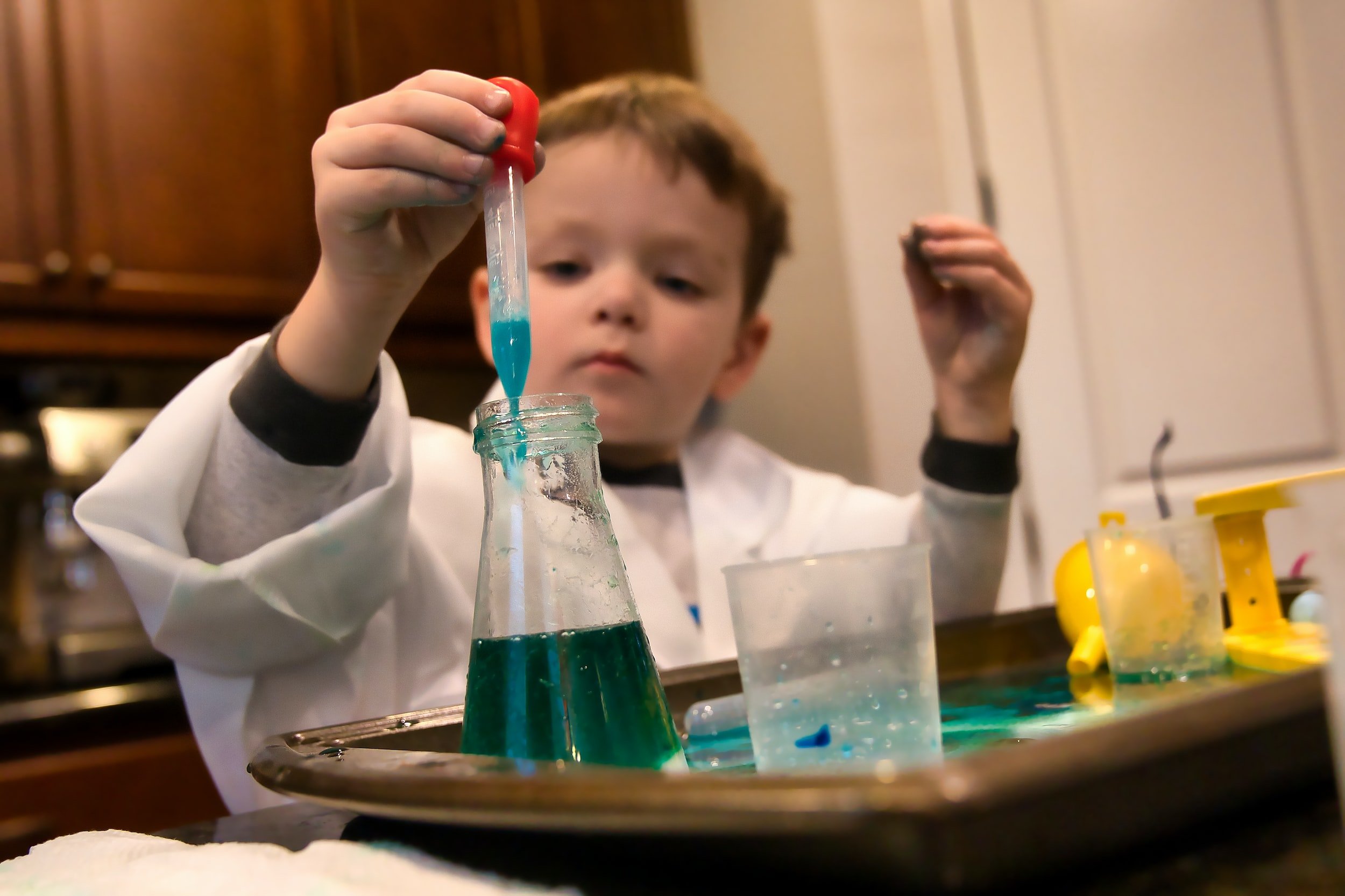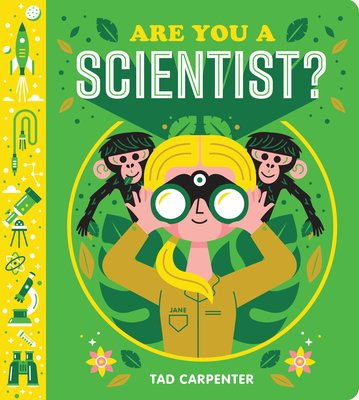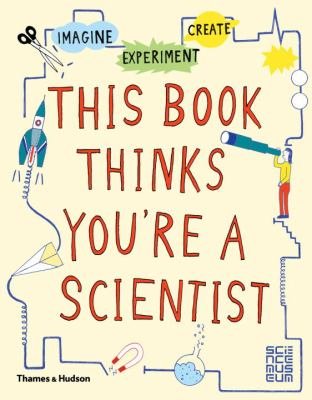did you know that language can change the way children interact with science?
Read below to learn why we should talk about science as an activity rather than an identity!
Say “Let’s do Science” instead of “Let’s be Scientists!”
Definitions
-
Definition:
Language that focuses on the action related to a particular subject or activity.
Examples:
“Today we’re going to do science!”
“Doing science in the process of discovering things.”
“If we work hard, we will get better at doing science.”
“Katherine Johnson did science at NASA.”
-
Definition:
Language that includes noun labels and generic descriptions of categories.
Examples:
“You’re thinking like a real scientist.”
“Scientists think about problems and get ideas to solve them”
“A great scientist wouldn’t let a problem get the best of them”
“Let’s turn on our special scientist brains!”
Our research has found that using action-focused language instead of identity-focused language increases children’s science engagement, persistence, and confidence.
Identity-focused language is the most common way children learn about science in preschool classrooms and on television. Phrases like “You’re thinking like a real scientist!” and “Scientists discover new things!” are intended to be positive and inclusive but…
Young children already have an idea of a stereotypical scientist in their mind, and this scientist probably looks a bit like Albert Einstein or Isaac Newton. Asking children to be scientists brings to mind these images and leads them to think you have to be a particular kind of person to succeed in science.
As a result, children question whether they can fit into the category of “scientist”. For groups that have been historically underrepresented in STEM, including children of color and girls, identity-focused language can lead to disengagement from science.
Fortunately, there is an alternative.
We are excited to share one research-backed approach to reducing disparities in science engagement. Teaching children using action-focused language helps them feel more confident and engaged with science. Rather than asking children to be scientists, we can ask them to do science instead! That is why we titled our website “Kids Doing Science.” Our goal is to promote science engagement among all children in order to reduce disparities within the field of STEM. That’s why we’ve packed this website with online games, at-home activities and videos that present science as an activity that everyone can do. Learn more about our studies in the studies tab!








